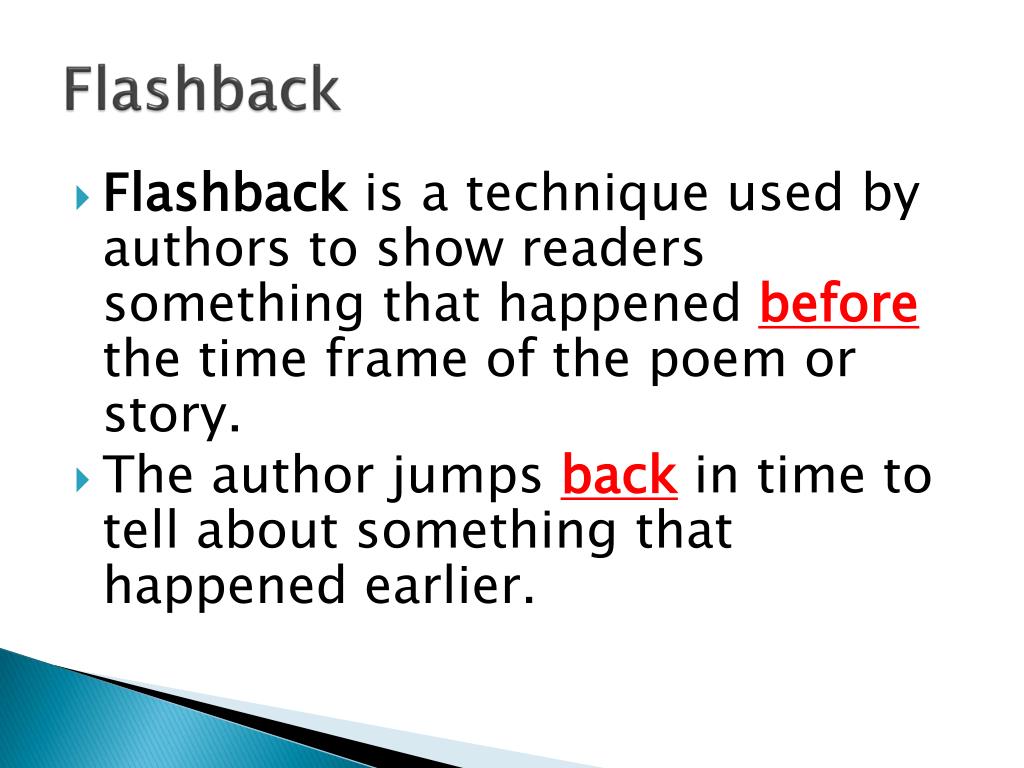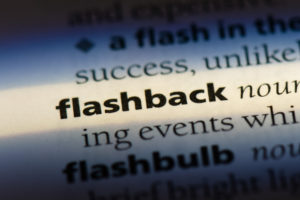
The memory serves to guide the hero in the present with a clue pulled from his past.įlashback is important in that it adds complication and depth to a narrative that is otherwise straightforward and chronological. In this scene, the flashback is the memory of the nemesis saying something. Suddenly, he remembers his nemesis saying “Dark things happen in dark alleys.” He hurries towards a hidden alleyway. This flashback works as a memory and part of the superhero’s thought-process:Ī superhero is struggling to figure out where his nemesis would keep a hostage. The memory brings a tear of happiness to her eye. The memory serves to show that her fiancé was sure of their relationship early on, and that his prediction has come true. Here, the flashback is the memory of the woman’s fiancé three years before. A tear comes to her eye and she prepares to walk down the aisle.

As she puts on her veil, she remembers her fiancé three years before, swearing he would make her his wife someday. Here is another example of flashback as a memory:Ī woman is about to get married. The flashback serves to reveal that the man had an early passion for animals and has now, as an adult, made a fantastic discovery in that area of science. In this example, the flashback happens when the man remembers his childhood.

He smiles at the memory, and then begins to speak to the audience about a new, groundbreaking finding about frogs. Suddenly, he remembers playing with frogs and toads in his backyard as a curious child.

Example 1įor example of flashback, consider the following short story interrupted by flashback:Ī man is about to give a speech to a large audience on biology. It can be announced or unannounced in the line of narrative.

Often, flashbacks are abrupt interjections that further explain a story or character with background information and memories.įlashback can occur as a sudden thought sequence, a hazy dream, or a vivid memory. Flashback is a device that moves an audience from the present moment in a chronological narrative to a scene in the past.


 0 kommentar(er)
0 kommentar(er)
